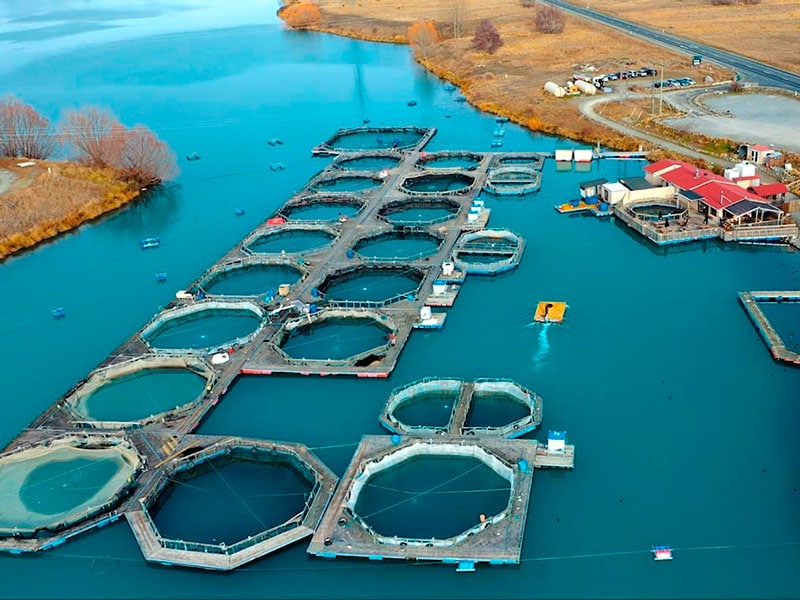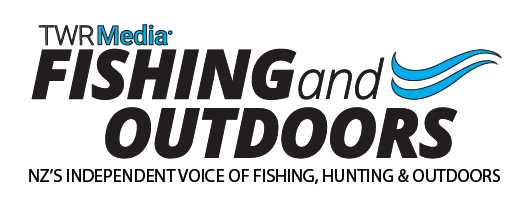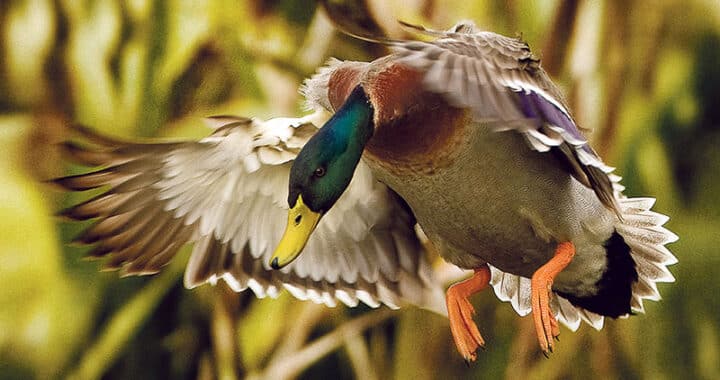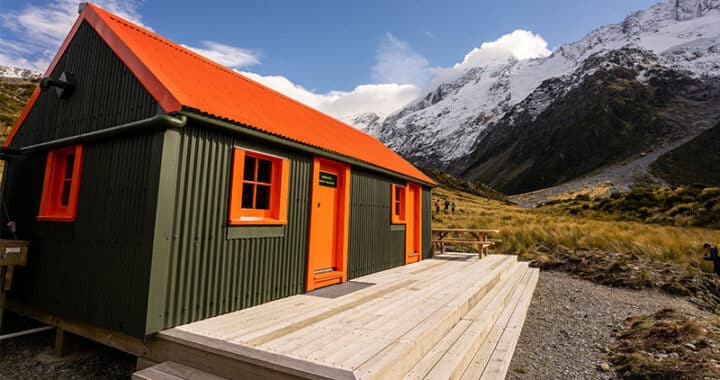NZ made: High Country Salmon
6 min read
A bird's-eye view of the salmon farm. Photo: Justin Bennett.
This specialist New Zealand business is the legacy of the Logan family, started back in 2000 by freshwater aquaculture pioneer the late Richard Logan and his wife Margaret.
A keen and well-respected angler (and former civil servant), Richard’s determination to pioneer the glacial salmon industry saw him build the first salmon farms in the Mackenzie Country in the 1990s – at the same time making history by establishing the world’s first canal-based salmon farm.
Despite being in his 60s by the time his hard-fought-for project finally got off the ground, after years of bureaucracy, Richard and Margaret were committed to seeing their vision through, to the extent that they lived on-site in a campervan for four years, while Richard hand sewed all the nets to custom fit the pens he also designed and built.
With the goal of creating a family-sized farm they could operate themselves, Richard (and a loyal team) built the infrastructure, while he developed the system to successfully raise glacial salmon, with a major focus around environmental sustainability. In the meantime, Margaret turned her attention to creating a small floating shop to sell the salmon, which later developed into a floating café.
Twenty years later, the business is something of a jewel in the resplendent crown of South Canterbury proving popular with international and, of course – as these COVID-affected days demand – domestic tourists. As well as a café, shop, and salmon outlet, visitors can view the farming process and even feed and catch the salmon.
High Country Salmon is shipped around New Zealand, bringing fresh, smoked, and cured Chinook salmon directly to the door, along with salmon roe and smoked salmon pate.
General manager Karl French is at the helm of the business today and Fishing & Outdoors caught up with him to discuss the challenging business of salmon farming.
Kiwi owned

With a team of around 25, most of whom are experts in salmon processing, production, and cooking, High Country Salmon is one of the biggest employers in the area. While Margaret still remains involved following the passing of Richard, there are now also a number of Logan grandchildren involved in the business.
Like most other Kiwi businesses, High Country Salmon “has hurt from the impact of COVID-19”, but Karl says that “with the dedication of the entire team and support from the community, we are just rolling up our sleeves and getting on with it.”
“High Country Salmon has always been proudly Kiwi-owned business and one thing that has never changed is a commitment to give back to the community that surrounds us.”
One of its kind
The farm now produces around 200 tonnes of salmon per year from the man-made glacial-fed canal system.
“It’s a pretty unique operation and a unique place to grow fish,” says Karl. “There wouldn’t be anywhere else in the world that I know of which grows fish in cool glacial mountain water.
“People often get a little bit confused when they think about salmon farming and think overseas salmon farming is the same as New Zealand salmon farming, but it’s a very different game and we have a completely different species here.”
High Country Salmon grow Chinook (King) salmon, called glacial mountain salmon to identify its unique qualities. Most of the salmon grown overseas is Atlantic salmon, which is industrially farmed, growing up to 30kg per cubic metre, which Karl says is “a lot of fish in quite a confined space.”
“By comparison, here in New Zealand, we grow a maximum of 10kg per cubic metre, so the fish have freedom to move and consequently the environmental impact is a lot less as well.
“We’re also lucky in that we really don’t have any diseases like they do overseas, so we don’t have to treat with any chemicals to control sea lice or use anti-fouling on the nets for algae growth.
“The chemicals used for those two things are the main reasons for the quite harsh environmental impact salmon farming has internationally, where here we are highly aware of sustainability to the extent that our systems and processes are constantly independently monitored.”
Low impact

High Country Salmon is completely free of vaccinations, growth hormones, and antibiotics, and the business adheres to the New Zealand A+ Aquaculture Standards, which means it operates under the best New Zealand salmon farming practises throughout its growing and harvesting process.
The Global Trust Certification Ltd rates the New Zealand salmon industry as first-class, with one of the most robust environmental regulatory frameworks in the world.
“If you took our salmon farm completely away, in a year’s time you’d never even know it had been here – that’s how low impact it is. Water quality is very important to us, along with the benthic environment under our farm, which is surveyed annually by NIWA divers.”
Head to tail
The business stays true to many of its original founding values, with strong ties to its local community and fish still fed by hand, just as they were two decades ago when the company first started.
There is an enormous sense of pride and care around this business, with a healthy respect for the fish and their environment, and a true ‘head to tail’ philosophy.
A zero-waste policy means that every part of the salmon possible is used, with anything that can’t be used made into pet food or turned into fertiliser for local farmers.
Salmon take two-and-a-half years to grow to harvest size (usually around 4.5kg but often bigger), and the babies are fed up to eight times a day and larger fish twice a day. All salmon is processed on-site and it’s not unusual to feast on fish caught earlier that same day. Harvesting takes places 365 days a year.
Read more: NZ made: Fox Glacier Guiding
“We plan our harvests per month,” says Karl, “and know how many fish are coming through so we can have an even amount of biomass going through the year. That adds to the sustainability; we don’t have these big lumps of biomass coming through our farming systems.”
The fact the fish are raised in glacial waters from Aoraki Mount Cook is part of what makes this particular salmon so special.
“Chinook salmon really respond to the environment where they are grown, so different farms have different culinary qualities. For our salmon grown here in cool glacier water, because we are just off the canal edge, our salmon are relatively well exercised but still have nice fatty layers and marbelling, which gives them great texture for eating raw or for any type of cooking.”
With the on-site café, visitors can judge for themselves, and the High Country Salmon website shares an impressive selection of salmon recipes to suit most palates.
“With the farm situated in the hydro canals of the Mackenzie, we have a constant flow of fresh glacial water through. This constant flow not only means that the salmon have pristine water to live in but also that they need to swim more than sea-farmed salmon, which makes them fitter, resulting in a firmer flesh, lower fat and a more subtle smooth flavour.
“Taking all of these factors into account, plus our floating café and entirely man-made system, we’re pretty unique from anywhere else in the world and proud of that fact.”
Win a prize pack from High Country Salmon
Thanks to High Country Salmon, we have two prize packs to give away to two lucky Fishing & Outdoors readers. Enter here. Deadline: 20 October 2020.



